I can remember 1999 pretty well. I was 15. In Grade 9. Lou Bega’s Mambo Number 5 was one of the biggest songs of the year. Trousers with skirts attached were all the fashion and I was desperate for a pair, although Mum said it was just a fad.
Fourteen years ago sounds like a long time, but I can still sing along to Mambo Number 5 (I wish I couldn’t) and cringe when I think about the boy I asked out (he said no).
While all that was happening in my life, Belgrade was being bombed.
Serbia was known as Yugoslavia at the time and at war with Kosovo. NATO intervened in response to the alleged displacement of more than 200,000 Albanians in Kosovo at the hands of Yugoslav forces. On March 24, 1999 NATO began bombing Yugoslavia.
It lasted 78 days.
The targets were those of military and strategic value: factories, communication centres, hospitals, military and political headquarters and bridges. One attack hit much of Belgrade’s city centre, including residential areas. Belgrade wasn’t the only city targeted. Niš also hit, including by an off-target cluster bomb drop that missed the airfield and hit a medical centre.
The day after I arrived in Belgrade, I wrote that I thought it was ugly. That may have been a rash judgement. There are nice areas. But despite the modern buildings and nice parks and cafes, most of Belgrade looks like it’s falling down. I walk past so many rundown buildings and wonder “was that window smashed by a bomb or a vandal?”
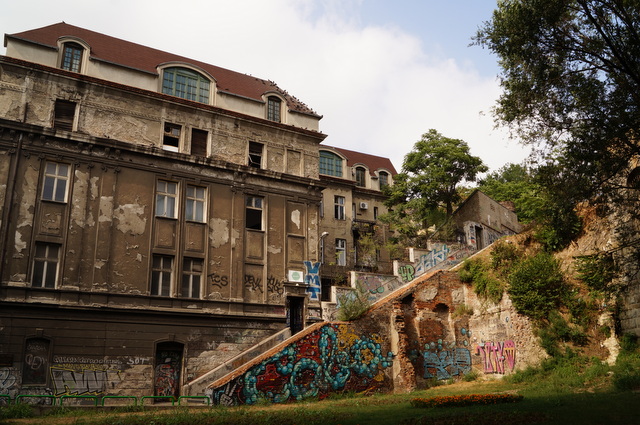
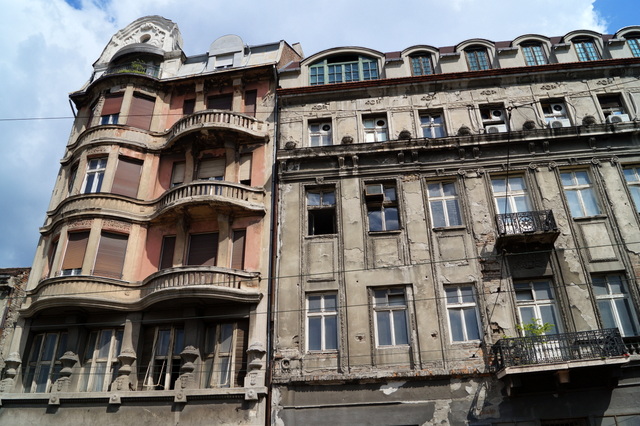
There are some lovely old buildings. If they were in better condition, a lot wouldn’t look out of place in a city like Paris, which is known for its beautiful architecture. But then compared to other European cities, Paris got off very lightly during various bombing raids. Belgrade has been the centre of more than 100 conflicts. I’ve read the city has been destroyed more than 40 times. So it’s understandable that most buildings aren’t worthy of appearing on a postcard anymore. What could be a gorgeous building is instead dirty, cracked, falling apart, abandoned, boarded up, used as a shelter by homeless people. Most are covered with graffiti.
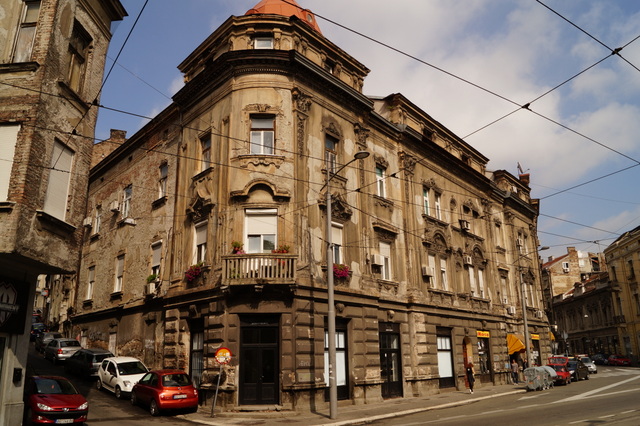
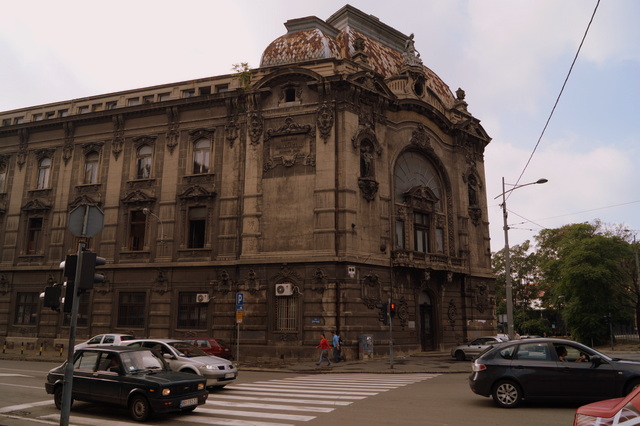
But I really don’t know how much of the city’s appearance is due to its history and how much is because Serbia is still a very poor country.
Some buildings that were bombed, such as the Yugoslav Ministry of Defence in the city centre, have deliberately been left as is and there are several similar memorials around the city.
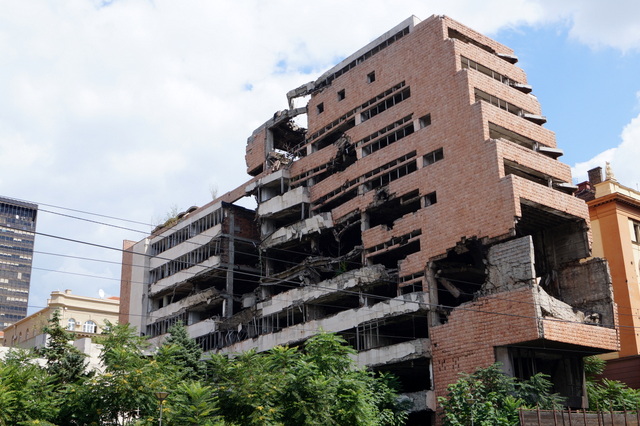
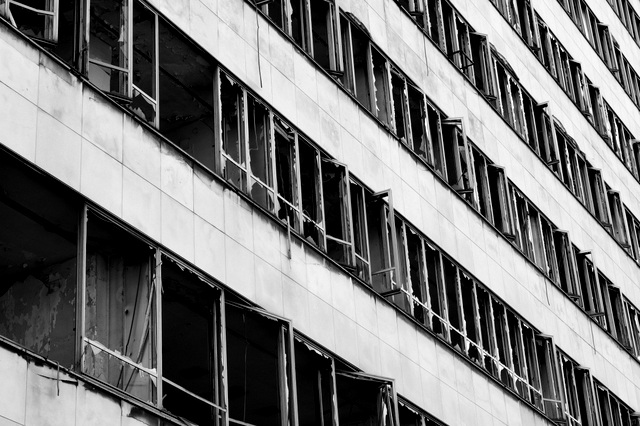
I’ve spoken to a few people about the bombing, including a few about my age. It’s something they’re all happy enough to talk about. It happened. They lived it. They understand I’m curious.
Some are critical of what happened or suspicious about hidden motives. I was told one bridge was hit while a train was crossing and a tobacco company bombed in Niš was bought cheaply by American company Philip Morris only four years later. But generally, no one points blame or seems to hold a grudge.
Everyone I speak to talks about the bombing very calmly, without much emotion. It leads me to ask a CouchSurfing friend an obvious question.
“Was it scary?”
“Yes, it was scary.”
From his house on the hill in Niš he saw a bomb explode near the airport, but it was a few seconds before he heard it.
For more than two months, they never knew where the next bomb would fall.
Bridges were prime targets, but my friend told me the “crazy” Serbs would gather on the bridges at night, play music and drink while wearing T-shirts with a bullseye on it.
Belgrade’s most famous export, Novak Djokovic, was 11 and was already showing promise as a tennis star. I recently read a quote from his autobiography about his practice during the bombings. “We’d go to the site of the most recent attacks, figuring that if they bombed one place yesterday, they probably wouldn’t bomb it today.”
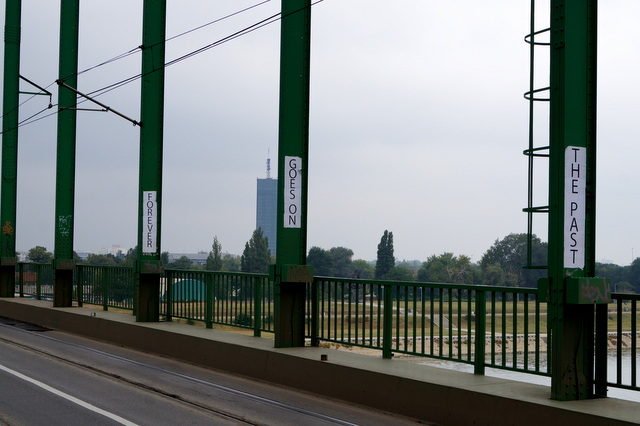
I’ve visited many countries and cities that have been the settings for wars and conflicts: Hiroshima, Vietnam, Berlin. But Serbia is the first place I’ve been where the events happened at a time I can remember. It’s scary that this happened so recently and that things like this are still happening now, whether or not they are justified. Will I be walking around Baghdad in a few years and be thinking the same thing then?



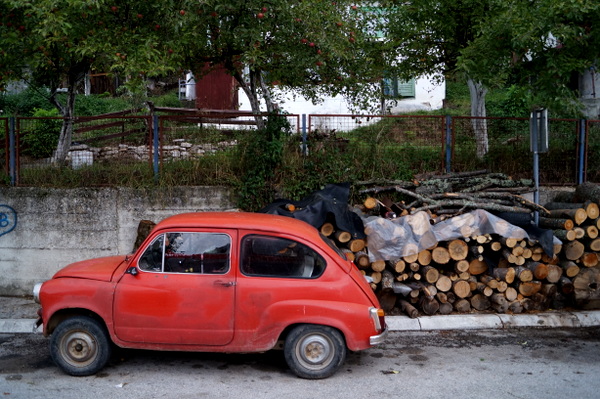
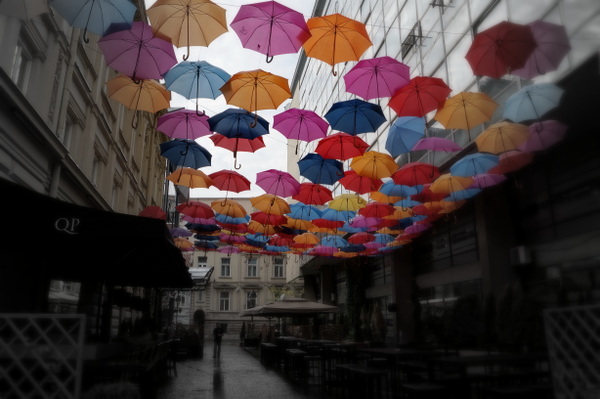

1 Comment
It is a great city. I like it so much. Living quite nearby and visited it seven times, but Belgrade impresses me everytime.